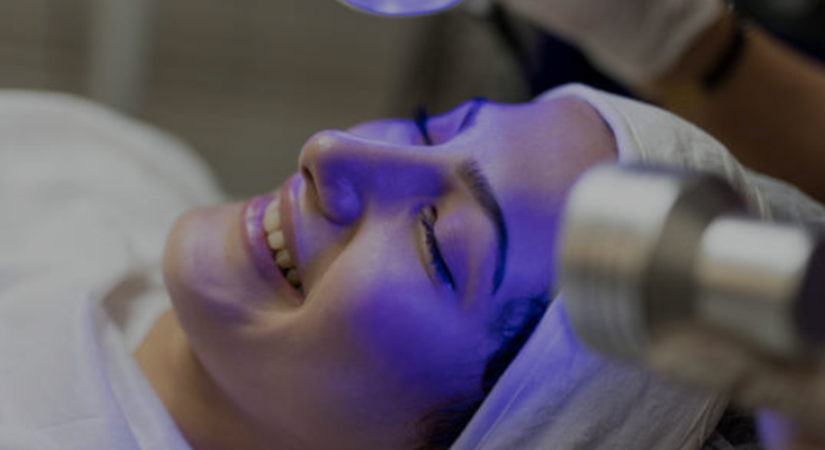Yellow light therapy activates the lymphatic system to remove toxins from the treated area, enhances blood circulation, and improves wound healing while boosting the skin’s ability to retain moisture, thus keeping it hydrated and augmenting skincare routines…writes Dr Rashmi Shetty
LED light therapy, also known as phototherapy or low-level light therapy (LLLT), is a non-invasive medical procedure that utilizes specific light wavelengths to stimulate cellular function and support the healing process. By exposing the skin to different colors of LED light, various therapeutic effects can be achieved.
The main colors used in LED light therapy are red, blue, yellow, and near-infrared (NIR), each offering distinct benefits:
Red Light: This type of therapy promotes collagen production, reduces inflammation, and rejuvenates the skin. It is also believed to aid in wound healing and address conditions like acne, rosacea, and fine lines.
Blue Light: Targeting and eliminating acne-causing bacteria is the primary purpose of blue light therapy. It is effective for treating mild to moderate acne, serving as an alternative for those who don’t respond well to traditional acne medications.
Yellow Light: Yellow light therapy activates the lymphatic system to remove toxins from the treated area, enhances blood circulation, and improves wound healing while boosting the skin’s ability to retain moisture, thus keeping it hydrated and augmenting skincare routines.
Near-Infrared Light: With its ability to penetrate deeper into the skin, near-infrared light is believed to have multiple therapeutic effects, including improved circulation, pain and inflammation reduction, and enhanced tissue repair and recovery.

LED light therapy is generally regarded as safe and painless, without involving any UV radiation, making it suitable for all skin types. It is commonly used in dermatology clinics, medical spas, and home-based devices. The duration of treatment sessions varies but is typically short, ranging from a few minutes to half an hour, depending on the specific condition being addressed and the LED device used.
Potential benefits of LED light therapy include:
Improved skin tone and texture
Reduced appearance of fine lines and wrinkles
Diminished redness and inflammation
Accelerated wound healing
Alleviation of muscle and joint pain
Management of certain skin conditions such as acne and psoriasis.
While portable LED light therapy devices in the form of masks, panels, and wands are now available, the LED Light Therapy machines found in a doctor’s clinic may be considered more efficient for several reasons. Clinics’ devices often have a higher number of bulbs, covering a larger surface area with more sophisticated technology. Moreover, LED Light Therapy is not a skincare tool to be used casually; different colors address specific concerns, and a professional diagnosis is best for determining the appropriate treatment.

Leave a Reply